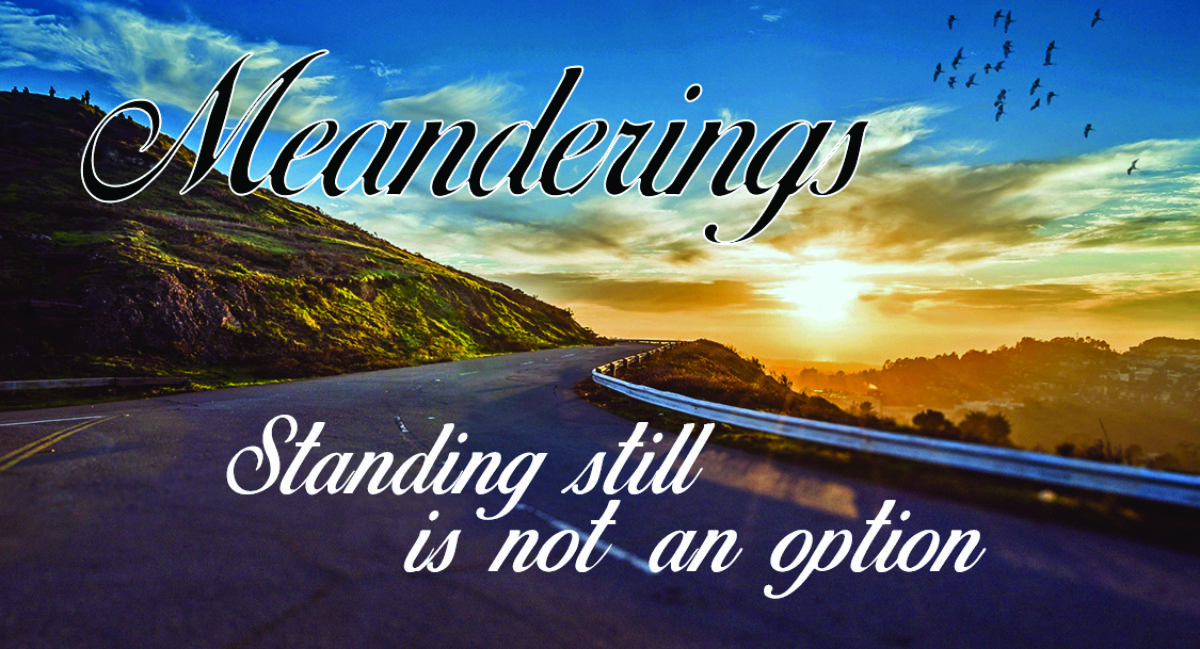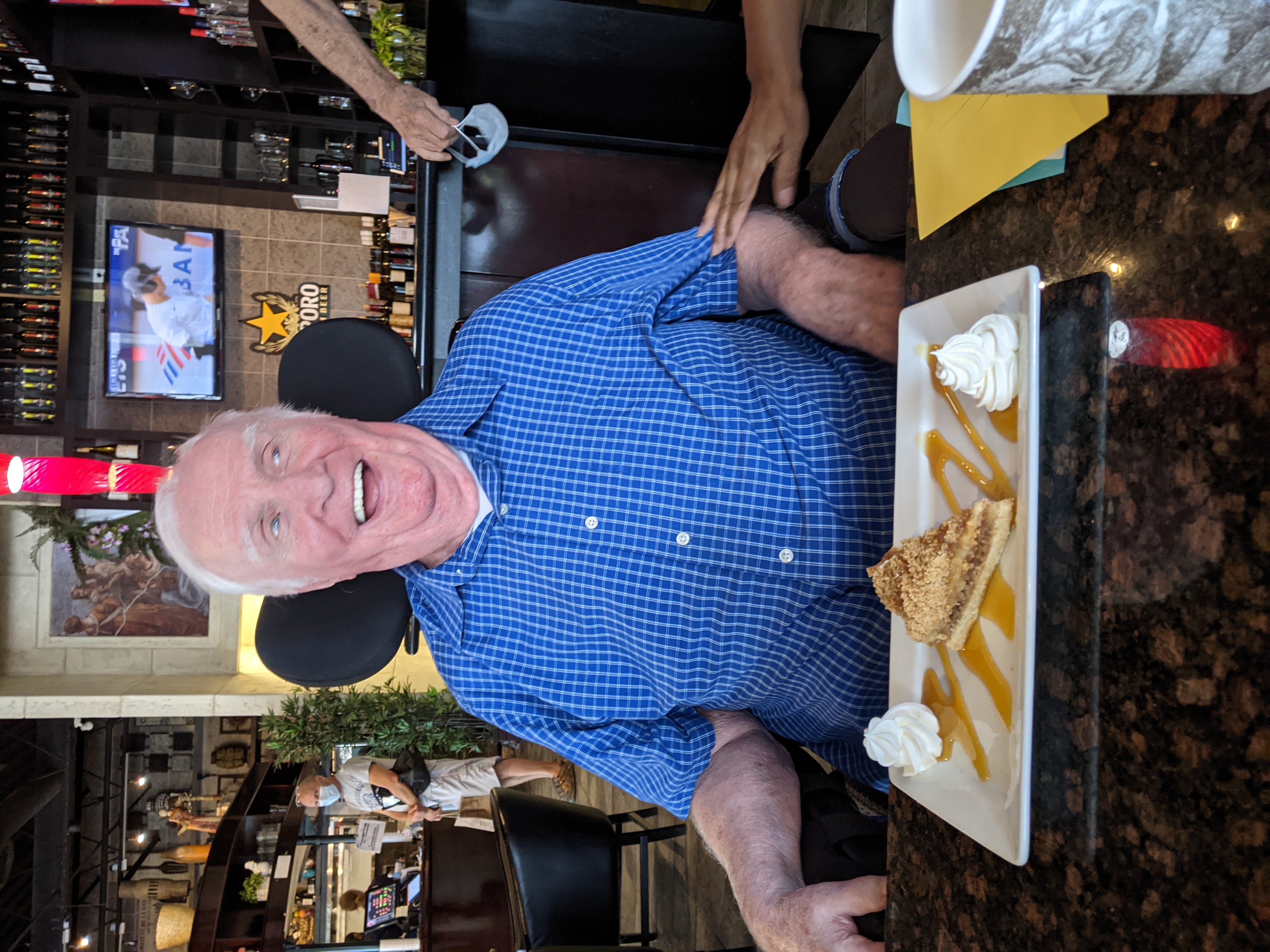I asked Alzheimer’s: “Is this the last birthday?” It did not answer. There are some things even more mysterious than Alzheimer’s and beyond its reach.
Going on two is a misnomer. The reversal of life that is a hallmark of dementia means that the operative words are ‘going on’. A two year old child is more animated, more rambunctious, more vital, more mischievous and more aware than my Bert. Yet all those adjectives are applicable to him too. Add strong, resilient, great teaser, fun and you get an idea of my Bert the old man/child – when.
August is the busiest birthday month. There are more birthdays to remember than days in the month. There is one particular day which has four birthdays.
August is special too, as the two most important men in my life are both August men, both Leos and both precious. They are my husband and our son.
August 2022 is noteworthy for my husband as he celebrates his 90th birthday. To mark the occasion 15 family and close friends gathered for lunch. The food was good, the company great, the conversation flowing and the focus all on my Bert.
It was a far cry from the blockbuster parties of years gone by because my Bert is 90 going on two. Alzheimer’s is to be blamed for that cruel reversal. The voluble, smart, life of the party, consummate host, charming Bert is almost mute. That’s aphasia. Just three weeks before he was talking up a storm but as that darn Mr. Murphy and his law would have it, he had lost the art of speaking by the time his birthday came around. He still says the odd word, with coercion, but you now notice the difficulty of pronunciation and how at times what he wants to say comes out garbled and sounding strange.
He nodded, he smiled, he understood. He did not go to sleep, nor show disinterest. He played with his niece, our son and daughter-in-law and held on to all hands. He still has a firm grip. He remained alert yet it was a day that he was more Alzheimer’s Bert than my Bert. I hope I was able to hide the sadness.
The man/child was happy as the birthday cards came out. There were cards that sang, talked, cards with dogs in a conga line, cards which lit up, 3-D cards, cards that popped, unfolded and were filled with pictures and photographs and other conversation starters. There were helium balloons that now decorate the sliver which is his world. They will remain as long as they are afloat, withering away slowly, fading, losing their substance and drifting to the ground, mirroring the slow decline and loss of heft of my Bert.
At 90 every day is worth a birthday celebration.
At two you are allowed to be happy every day looking forward in anticipation for what comes next. The future is before you. The sky is the limit.
At 90 my Bert lives just for this day. The present is always the only now and it is fleeting.
The Meander: Happy Birthday, darling. What a wonderful life. Your past is filled with amazing memories that you no longer can recall. No matter, I’ll remember for you.



